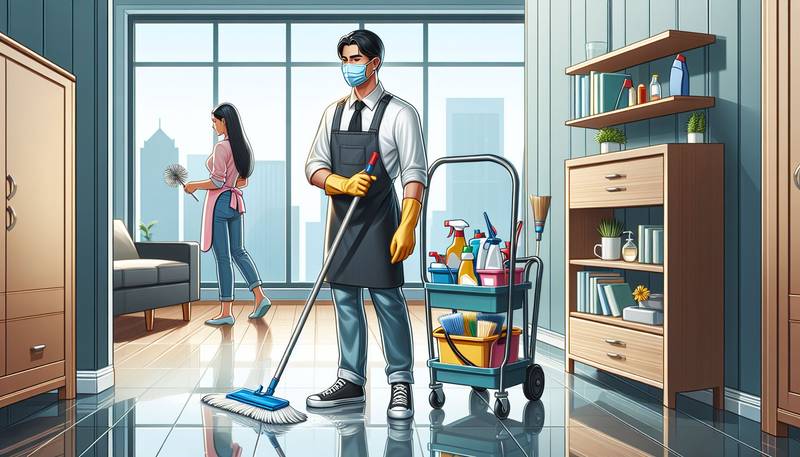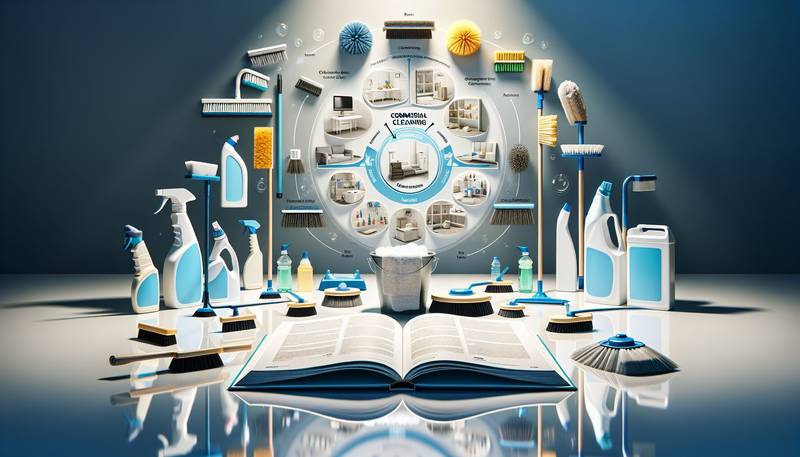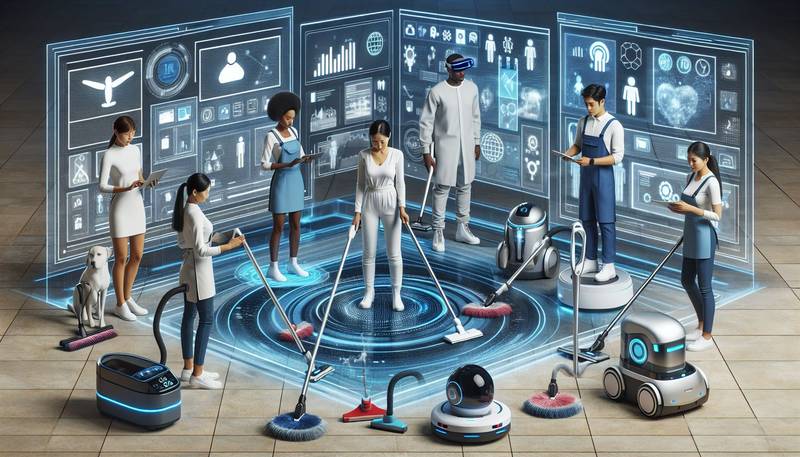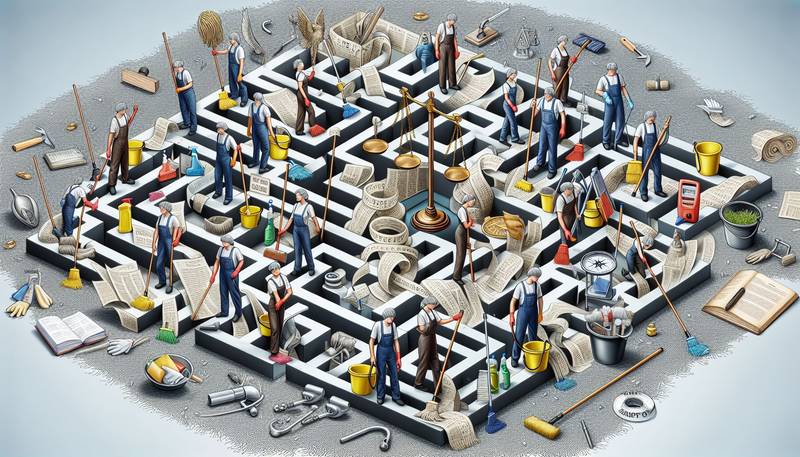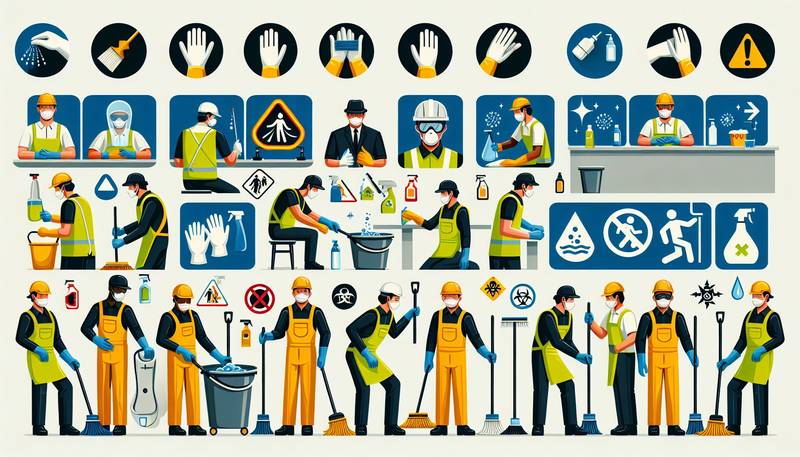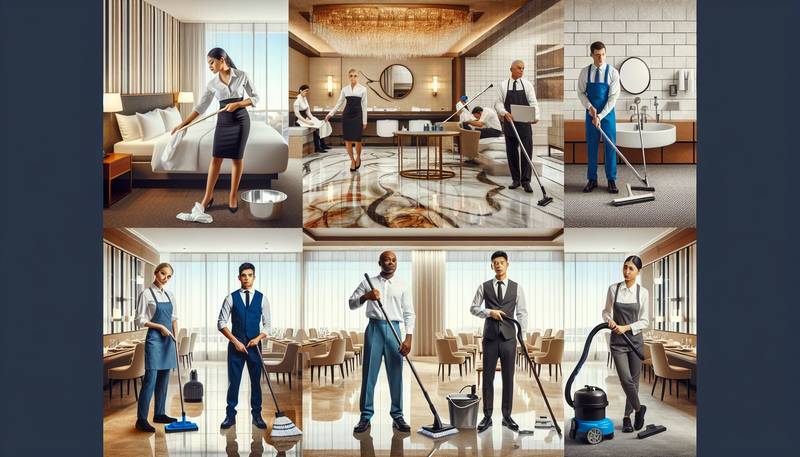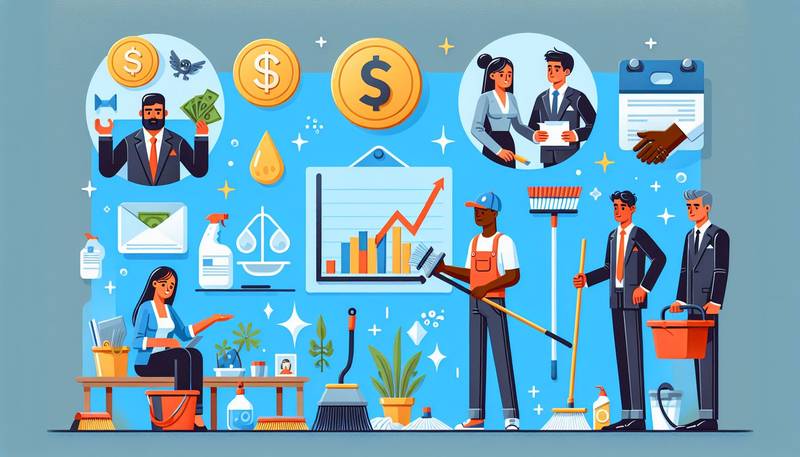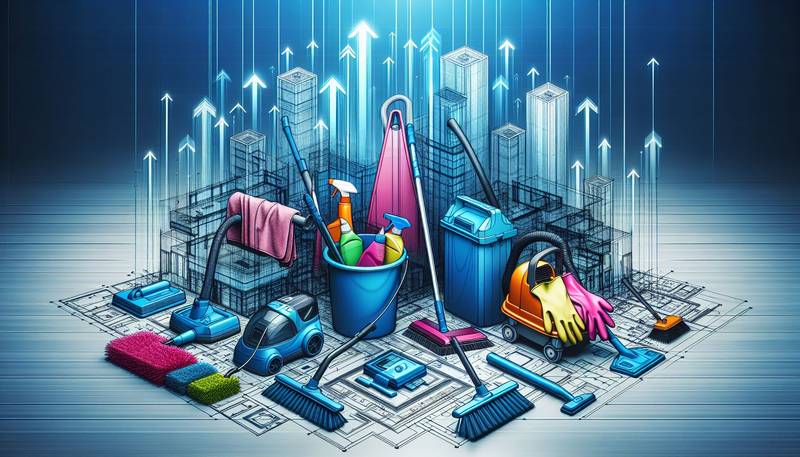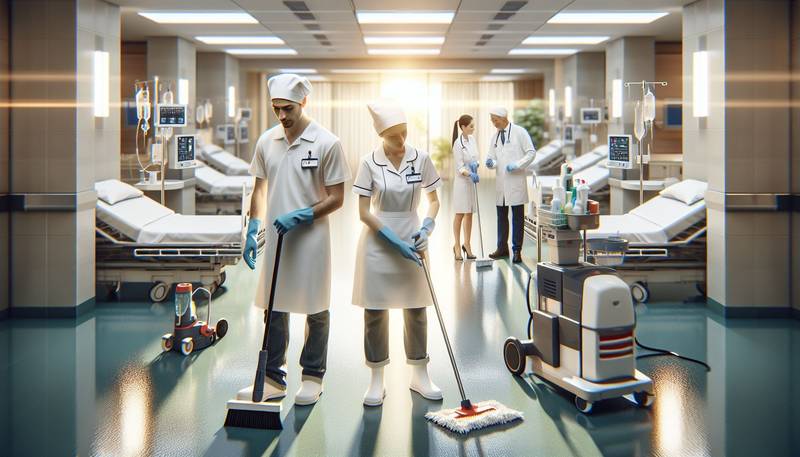The Importance of Hygiene and Sanitation in Cleaning Jobs
In this article, we will delve into the importance of hygiene and sanitation in cleaning jobs and how they play a vital role in ensuring a safe and healthy environment for everyone.
Preventing the Spread of Germs
One of the primary reasons why hygiene and sanitation are so important in cleaning jobs is to prevent the spread of germs. A clean and sanitary environment helps to eliminate bacteria, viruses, and other harmful pathogens that can cause infections and illnesses. By regularly disinfecting surfaces, equipment, and high-touch areas, cleaning professionals can significantly reduce the risk of cross-contamination and keep the space safe for all occupants.
Protecting Public Health
Maintaining proper hygiene and sanitation standards in cleaning jobs is essential for protecting public health. In settings such as hospitals, schools, restaurants, and offices, where large numbers of people gather, the risk of disease transmission is higher. By adhering to strict cleaning protocols and using disinfectants effectively, cleaning professionals can help prevent the spread of infectious diseases and create a healthier environment for everyone.
Improving Indoor Air Quality
Another key benefit of practicing good hygiene and sanitation in cleaning jobs is the improvement of indoor air quality. Dust, dirt, mold, and other contaminants can accumulate over time, leading to poor air quality and potentially causing respiratory problems and allergies. By regularly cleaning and sanitizing surfaces, floors, and ventilation systems, cleaners can help to remove pollutants and maintain a healthy indoor environment for occupants.
Enhancing the Overall Appearance
In addition to health benefits, maintaining hygiene and sanitation standards in cleaning jobs also helps to enhance the overall appearance of a space. A clean and well-maintained environment creates a positive impression on visitors, clients, and residents, reflecting professionalism and attention to detail. By keeping surfaces, floors, and common areas spotless, cleaning professionals contribute to a higher level of comfort and satisfaction for everyone who uses the space.
Regulatory Compliance
Adhering to hygiene and sanitation standards is not only essential for the health and well-being of occupants but also for regulatory compliance. In many industries, there are strict guidelines and regulations that dictate the level of cleanliness and sanitation required for different types of facilities. Cleaning professionals must be knowledgeable about these standards and ensure that they are followed diligently to avoid penalties or legal implications.
Ensuring Safety in Work Environments
Hygiene and sanitation play a critical role in ensuring safety in work environments, especially in industries where hazardous materials or chemicals are present. By using the right cleaning products, tools, and techniques, cleaning professionals can maintain a safe and secure workplace for themselves and others. Proper sanitation practices also help to prevent accidents, slips, and falls, reducing the risk of injuries and liability issues.
Conclusion
In conclusion, the importance of hygiene and sanitation in cleaning jobs cannot be overstated. From preventing the spread of germs and protecting public health to enhancing indoor air quality and ensuring regulatory compliance, maintaining cleanliness and following proper hygiene practices are essential for creating a safe and healthy environment. By prioritizing hygiene and sanitation in their work, cleaning professionals contribute to the well-being and satisfaction of occupants and help to create a positive and welcoming space for everyone.
